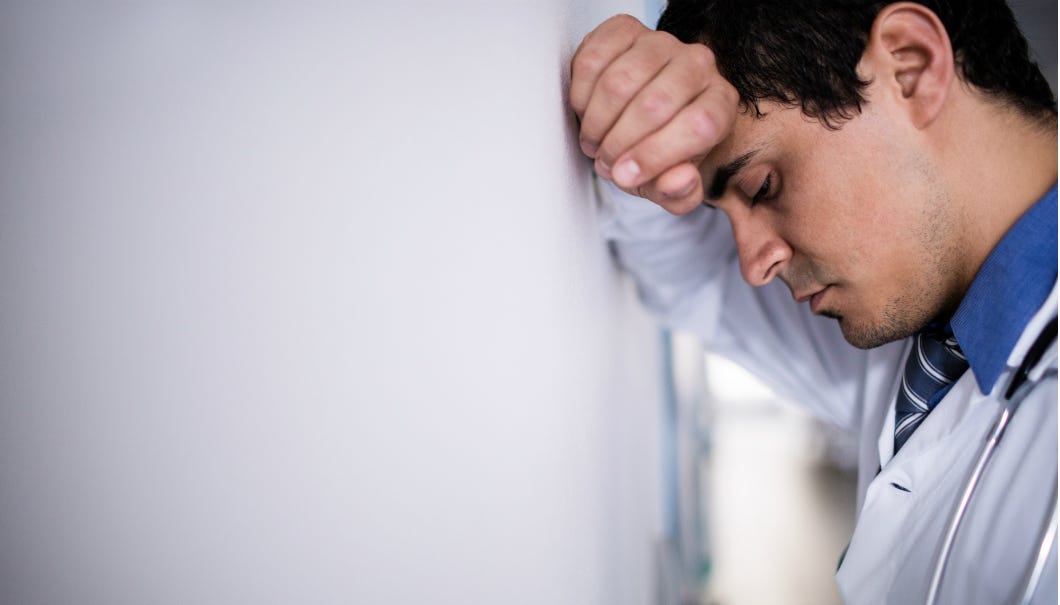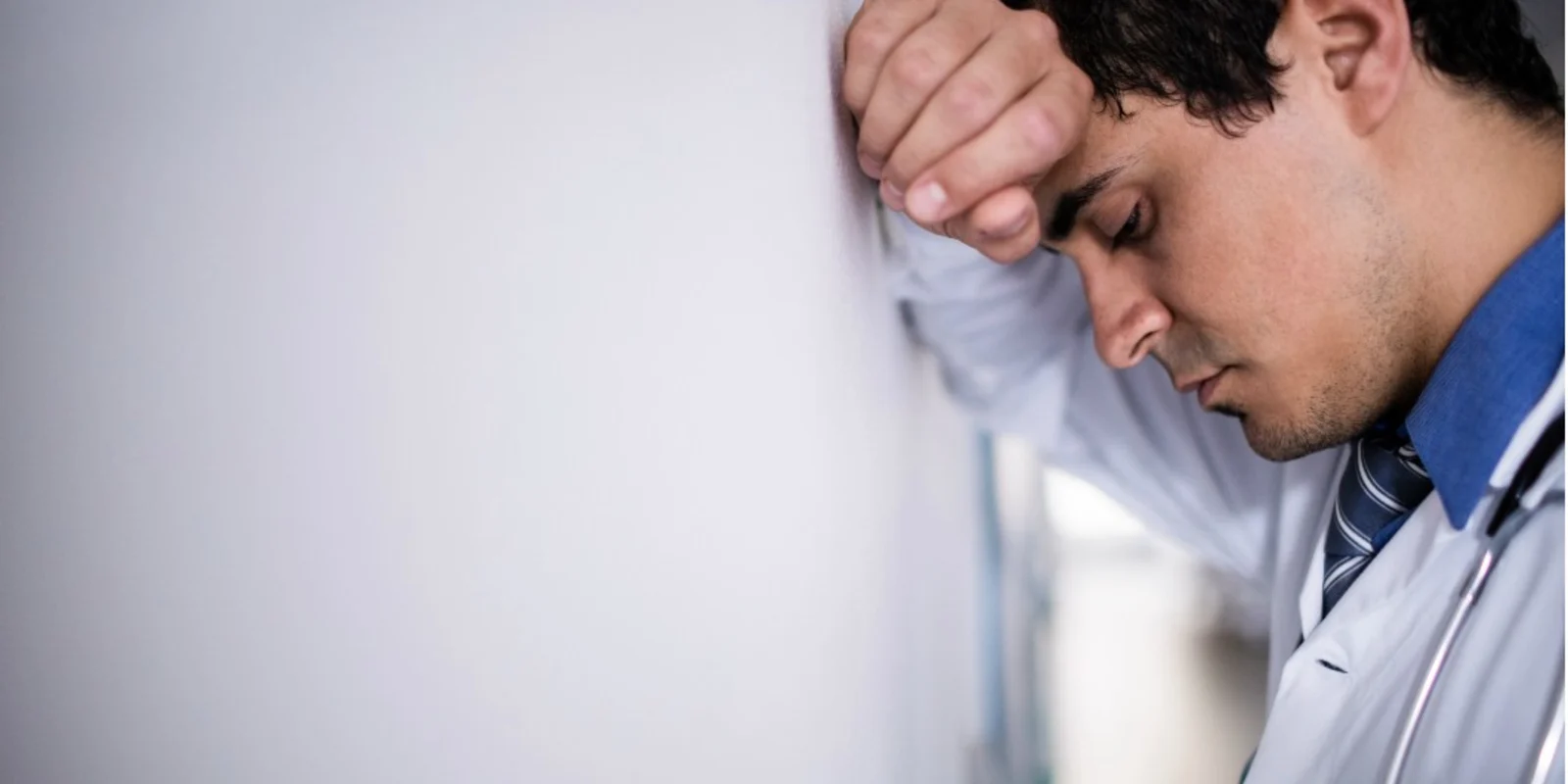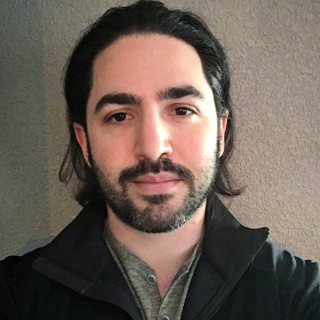
I leaned back against the wall, breathed into my palms, and brushed beads of sweat from my forehead. I wondered if I wasn’t crying because I lacked the emotional capacity, was too exhausted to expend the energy, or maybe it was just simple dehydration. Sounds from the preceding hours played on repeat in my mind: congratulations on a clean dissection from my boss, a panicking anesthesiologist unable to ventilate, the sad songs of bradycardia and hypoxia playing on the monitors, the crunch of fractured ribs beneath my overlapping palms, time of death called, exchanges of appreciation for valiant efforts. The cycle was broken by my attending’s hand patting my shoulder, “You okay? Don’t worry about dictating this one, I’ll take care of it. Get some rest.”
She was a patient I had followed for months. I knew her family. I rearranged my schedule to be available for the case. It was my first, and last, on-table death. Eventually I climbed off the wall and mobilized to finish the “plus four” part of a “24+4” (a 28-hour shift), which was no problem because I was invincible. I didn’t need sleep or help of any sort. A six-year residency ahead, and I was intent on sprinting all 26.2 miles. I switched on autopilot and started home.
No more scrubs, a soft comforter, and finally allowing heavy lids to close over burning eyes appealed to me the way breathing does after being held under water. I woke to a loud bang and the visage of an old truck staring into my driver-side window. That moment, I realized I had hit the truck and careened away from it. The road curved to the right, and the reflexive turn serendipitously corrected my path into the designated lane. Frantically looking around, the flow of traffic appeared un-phased. My blood pressure skyrocketed as we pulled over to evaluate the damage. Only our mirrors had collided. Relief washed over, but a deluge of concern followed. I yearned to confess the worst-case eventualities that haunted me despite not coming to fruition. Should I call my program director? GME Coordinator? Mom? Embarrassed as I was ashamed, I spoke to no one about the incident for years.
Hunter S. Thompson wrote, “Luck is a very thin wire between survival and disaster, and not many people can keep their balance on it.” I remain proud of staying for the case, treating a patient I cared about, staying true to myself and my profession, but contrary to my oath, I could have harmed myself, or worse, others. All of the “Sleep and Fatigue” modules I had clicked through had failed me. Reading about resident wellness and physician burnout had failed me. The warm intent of duty hour restrictions had failed me. Most of all, I had failed me. What has not failed me since, is sleep, exercise, food, bathroom breaks, friends, family, and choosing these things when I need them. Fortune or fate kept me in the right lane that day, but maintaining balance itself, in every sense of the word, keeps me from relying on luck to survive.
Joshua J. Goldman, MD is a PGY-6 Plastic and Reconstructive Surgery Resident at the University of Nevada, Las Vegas School of Medicine and is Microsurgery Fellowship-bound. His professional interests outside PRS include healthcare advocacy, device innovation, digital marketing, ethics, medical education, and physician wellness. You can follow him on instagram at @GoldStandardPlasticSurgery. Thanks for reading!
The above represent my experience and viewpoints alone. They are not representative of my institution, program, or hospital. I have no conflicts of interest to disclose.







